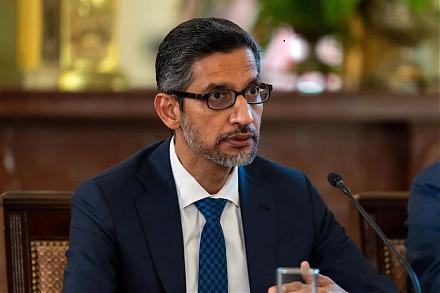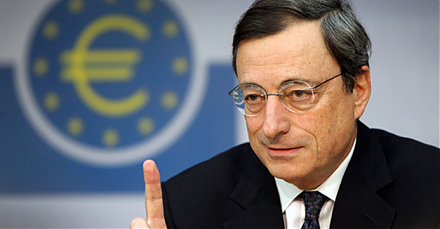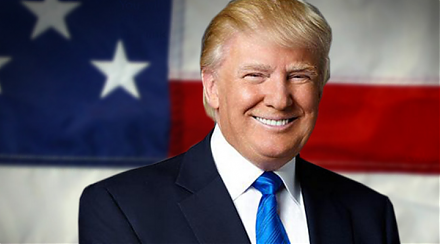

2019-08-05 13:30:00 Mon ET
stock market competition macrofinance stock return s&p 500 financial crisis financial deregulation bank oligarchy systemic risk asset market stabilization asset price fluctuations regulation capital financial stability dodd-frank
China continues to sell U.S. Treasury bonds amid Sino-U.S. trade truce uncertainty. In mid-2019, China reduces its U.S. Treasury bond positions by $20.5 billion to $1.12 trillion. These Treasury bond positions reach their lowest level or 5% of U.S. government debt in 2017-2019 amid Sino-American trade conflict and economic policy uncertainty. The Chinese Xi administration may use its current status as the top Treasury debtholder as special leverage in the next round of trade negotiations. In response, the Chinese renminbi hovers in the broad range of 6.69x-6.97x per U.S. dollar during the recent time frame. Some investment bankers speculate that as the largest foreign owner of U.S. government bonds, China may implement the nuclear option by offloading lots of Treasury bonds to trigger interest rate hikes in America. These interest rate hikes may inadvertently cause collateral damage to the U.S. economy.
However, Lowy Institute senior fellow Richard McGregor offers the fresh economic insight that China cannot easily manipulate its current U.S. Treasury bond portfolio with no negative impact on the Chinese currency and current account deficit. U.S. trade envoy Robert Lighthizer and Treasury Secretary Steven Mnuchin expect to meet the Chinese hardliners for bilateral trade discussions in Shanghai from late-July to mid-August 2019.
If any of our AYA Analytica financial health memos (FHM), blog posts, ebooks, newsletters, and notifications etc, or any other form of online content curation, involves potential copyright concerns, please feel free to contact us at service@ayafintech.network so that we can remove relevant content in response to any such request within a reasonable time frame.
2025-07-05 11:23:00 Saturday ET

Former New York Times science author and Harvard psychologist Daniel Goleman explains why working with emotional intelligence helps hone our social skills f
2025-09-18 08:03:32 Thursday ET

Stock Synopsis: With a new Python program, we use, adapt, apply, and leverage each of the mainstream Gemini Gen AI models to conduct this comprehensive fund
2019-06-03 11:31:00 Monday ET

The Sino-U.S. trade war may be the Thucydides trap or a clash of Caucasian and non-Caucasian civilizations. The proverbial Thucydides trap refers to the his
2017-11-25 06:34:00 Saturday ET

Mario Draghi, President of the European Central Bank, heads the international committee of financial supervisors and has declared their landmark agreement o
2018-11-30 12:42:00 Friday ET

Andy Yeh Alpha (AYA) AYA Analytica financial health memo (FHM) podcast channel on YouTube November 2018 AYA Analytica is our online regular podcast and news
2018-08-29 10:37:00 Wednesday ET

In an exclusive interview with Bloomberg, President Trump criticizes the World Trade Organization (WTO), proposes indexing capital gains taxes to inflation